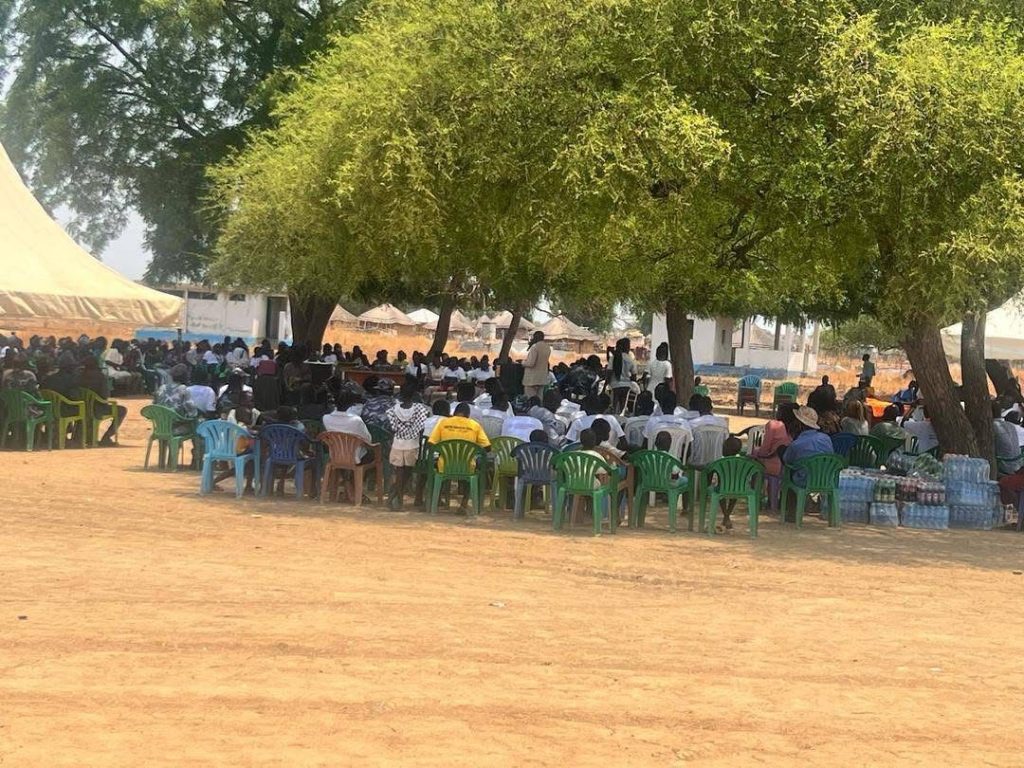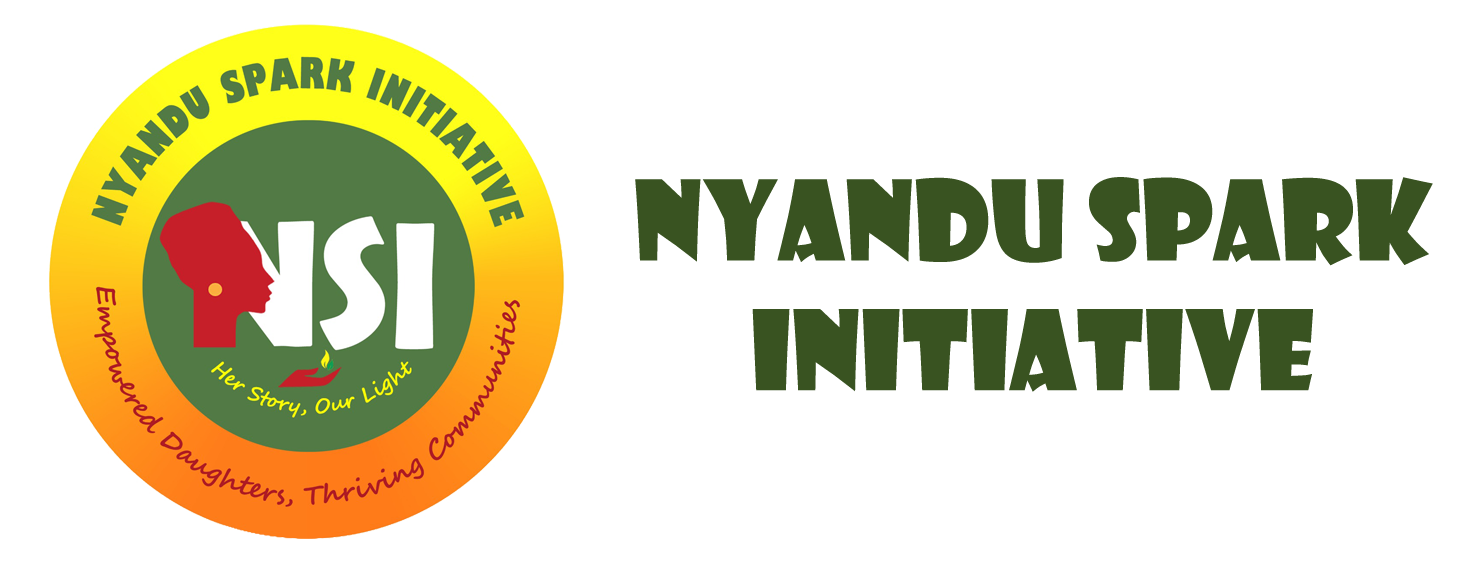Get involved
Join the Nyandu Spark Initiative (NSI) in transforming lives and building a future of healing, empowerment, and resilience. Whether you’re looking to donate, volunteer, collaborate, or become an advocate, there are countless ways to make a lasting impact on the lives of survivors, youth, and communities in South Sudan.
Partner with Us
We welcome collaboration with humanitarian agencies, government ministries, academic institutions, and community-based organizations. Together, we can scale survivor-led solutions that restore dignity and strengthen social cohesion.
To explore partnership opportunities, please contact us at info@nyanduspark.org

Advocate for Change
You can make a difference by raising awareness and advocating for the rights of survivors and youth. Stand with us in promoting survivor-led policies and amplifying the voices of those most affected by conflict, displacement, and climate change.
How to Advocate:
- Join Our Campaigns: Participate in community dialogues, radio talks, and storytelling efforts to spread awareness about the issues NSI addresses.
- Raise Awareness: Use social media to share our initiatives and encourage others to get involved.
- Engage with Policymakers: Help us advocate for policies that prioritize mental health, education, and gender equality.
Why NSI Now?
South Sudan faces a mental health and protection emergency:
- Over 4.9 million children need urgent protection
- Conflict, displacement, and climate shocks have eroded family and community support systems
- GBV, child marriage, and recruitment by armed groups remain widespread
- MHPSS services are underfunded and under-integrated into education and health systems
Location
Nimera Talata, Juba
Central Equatoria
South Sudan
Pages
Follow us
Copyright © 2025. Nyandu Spark Initiative || Designed by TechSphere Solutions
